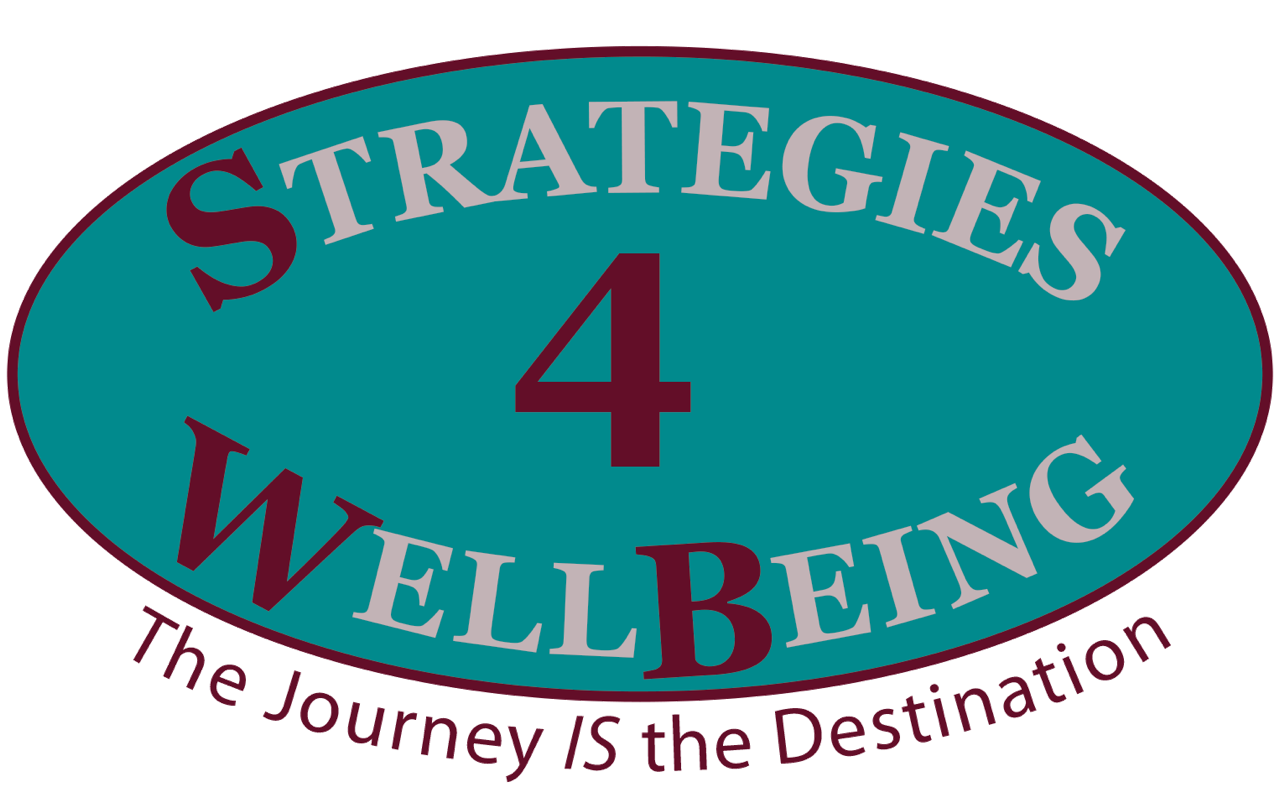The harmful effects of chronic long term stress on the physical body and mental/emotional health and cognitive abilities:
- Hypertension, raised cortisol levels, inflammation and pain, increased heart rate, hormonal dysregulation, gastrointestinal issues, lowered immune functioning, impaired sleep, slower recovery from illness or surgery, tense tight muscles especially in neck, shoulders, jaw and lower back and other stress related illnesses and health issues.
- Decrease in ability to concentrate and focus, impaired memory, challenges with strategic planning and organizing and lessened ability to be creative.
- Over reactive, easily irritated, frustrated or angry; shut down, not in touch with feelings or hyper aroused and overly or irrationally emotional – including feeling overwhelmed with fear, anxiety, sadness, depression and anger; challenges with maintaining loving relationships and feeling compassion and kindness with self and others.
“Chronic stress has also been shown by Nobel Laureate Elizabeth Blackburn to increase the rate of degradation of the telomeres at the ends of all our chromosomes, and thus accelerates the biological aging at the cellular and sub-cellular level, leading to a significant shortening of the lifespan”. (Epel et al. 2004)
What is mindfulness practice and meditation and how does it reduce the harmful effects of stress?
Mindfulness is paying attention on purpose with focused awareness, non-judgmentally, to what one is experiencing in the present moment. It is the ability to be with what is happening without labeling, judging, indulging, grasping, pushing away, or wanting things to be different. This includes becoming aware of body sensations, sounds, thoughts, feelings and emotions.
Mindfulness practice and meditation greatly enhances your ability to create a fulfilling, engaging life. It increases present moment awareness which allows you to respond and make conscious choices rather than reacting on auto pilot with conditioned patterns of thought and behavior to life’s challenges.
Positive effects of practicing mindfulness:
- Creates new neural pathways that promote positive mental states on a physiological level.
- Reduces pain and inflammation, builds a stronger immune system, lowers blood pressure, balances hormones, faster recovery from illness or surgery, better sleep.
- Reduced reactivity and defensiveness, enhancing personal relationships.
- Learn how to respond to challenges mindfully rather than react automatically.
- Feeling more kindness and compassion for self and others.
- Enhanced performance, memory, focus, concentration, creativity, pro-active strategic thinking and better organization.
- Increased life satisfaction and fulfillment, including more joy, peace, ease and happiness.
Mindfulness practice helps us become more aware of what’s happening in our bodies so we can release stress before it takes over. Practicing mindfulness can teach you how to be present, non- judgmentally, in the moment with whatever is happening; including watching your thoughts, emotions and body sensations. Over time this will help you to become less reactive and more accepting of what is happening in your life, which will allow you to ride the waves of your life with curiosity, acceptance and joy and be at peace with whatever life brings you.
Many scientific studies are now proving that regular mindfulness meditation practice improves the health of our brains and how the brain functions. Meditation increases neuroplasticity, the brains ability to change no matter how old we are. This means we can grow, and develop healthy habits at any age.
The amygdala is the brain’s “fight-flight or freeze” center and initiates the body’s stress responses. The prefrontal cortex is the center that controls awareness, concentration, and decision making. MRI scans show that with just 8 weeks of regular mindfulness meditation, the cortex becomes thicker and activity in the amygdala decreases, giving us better control over our thoughts, emotions and how we function in the world.
Overall, practicing mindfulness will support you in being present for your life. You will learn to be with pleasant and unpleasant experiences without grasping and holding on to the pleasant and pushing away and fighting with the unpleasant. This creates more space to let things be or to make informed wise decisions or actions from a place of calm and equanimity. Besides all of the physical health benefits, your personal life will be enhanced as you learn how to slow down and cultivate a calm clear mind so you can access your inner wisdom and resources for healing, personal growth, healthier relationships at work and at home, happiness and life enjoyment.

















Last Updated: July 11, 2017 by Siobhan Kohls Leave a Comment
By: Jon Kabbat-Zin
So what is the subtle difference between letting go and acceptance? Sometimes I can let go of the need to be right. And at the same time not necessarily accept “that person’s” pontification! Notice that there is also judgment there with labeling “that person’s” communication as “pontification”! Just making a point here that the mindfulness journey of discovery is one that invites us to engage with playful curiosity and gentle inquiry into our thoughts, feelings, and emotions, without judging ourselves.
My husband and I recently tried twice to book our trip to the Big Island. I have already paid for the accommodations. But the first dates we chose I realized would not work as I intuited we would have to move out for termite tenting. And yes, that turned out to be true. Then we rescheduled the dates and picked new ones. I found out a month later that the Iron Man Triathlon was going on the date we chose to leave back to CA so we redid our departure date to the following date and my friend on the Big Island said that is the WORST day to leave the Big Island is the day after the Iron Man – as everyone from every country is at the airport leaving! So we said okay, let’s forget this time period entirely. We have now picked hopefully our third and final dates in May! Just saying, sometimes you have to let go and go with the flow and make other arrangements instead of “striving” to make something happen.
Please tell me about your journey and discovery of letting go.